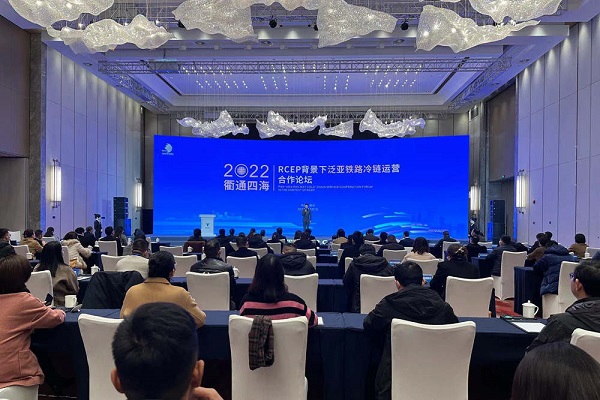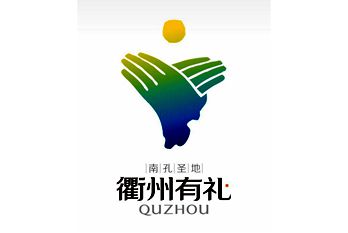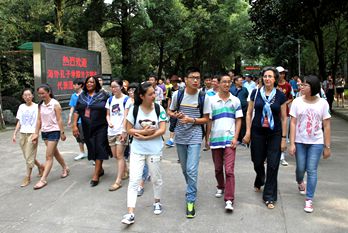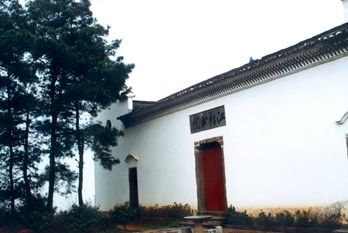Quzhou holds Pan-Asia Railway Cold-chain Service Cooperation Forum in Context of RCEP

The Pan-Asia Railyway Cold-chain Service Cooperation Forum in the Context of the RCEP is held in Quzhou, East China's Zhejiang province, on Dec 7. [Photo/qz123.com]
The Pan-Asia Railyway Cold-chain Service Cooperation Forum in the Context of the RCEP was held in Quzhou, East China's Zhejiang province on Dec 7.
The event aims to foster a sound environment for the development of digital trade and promote the high-quality development of foreign trade.
Attendees of the conference include Tian Jun, vice mayor of Quzhou people's government, Zhu Jun, member of Zhejiang Commerce Department, Xu Ningning, executive director of China-ASEAN Business Council, Lin Jing, director of Quzhou commerce bureau, and Wang Weidong, chairman of Yibao Network Technology Co Ltd.
During the event, the launch of the Pan-Asia railway cold-chain operation platform was announced.
In the past three years, China-ASEAN trade has seen continuous growth. Against this backdrop, Quzhou has seized opportunities such as the implementation of the RCEP (Regional Comprehensive Economic Partnership Agreement) and the opening of the China-Laos Railway to build a Pan-Asia railway cold-chain operation platform.
Relying on China-Laos Railway international express trains, Quzhou will transport durian, mangosteen and other tropical fruits from ASEAN to Quzhou and send them to various destinations by carrying out regional international railway cold chain business. Meanwhile, Quzhou will export fresh and common goods from Quzhou and surrounding areas to ASEAN countries.
From January to October, 715 enterprises in Quzhou traded with other members of RCEP. The value of this trade totaled 18.41 billion yuan ($2.6 billion), an increase of 41.26 percent year-on-year, and accounting for 37.22 percent of the city's total foreign trade. Exports were valued at 11.28 billion yuan, up 38.12 percent year-on-year, while imports were valued at 7.13 billion yuan, up 46.54 percent year-on-year.

 City brand logo - fist-and-palm salute
City brand logo - fist-and-palm salute Confucianism on campus
Confucianism on campus The culture of the academy
The culture of the academy